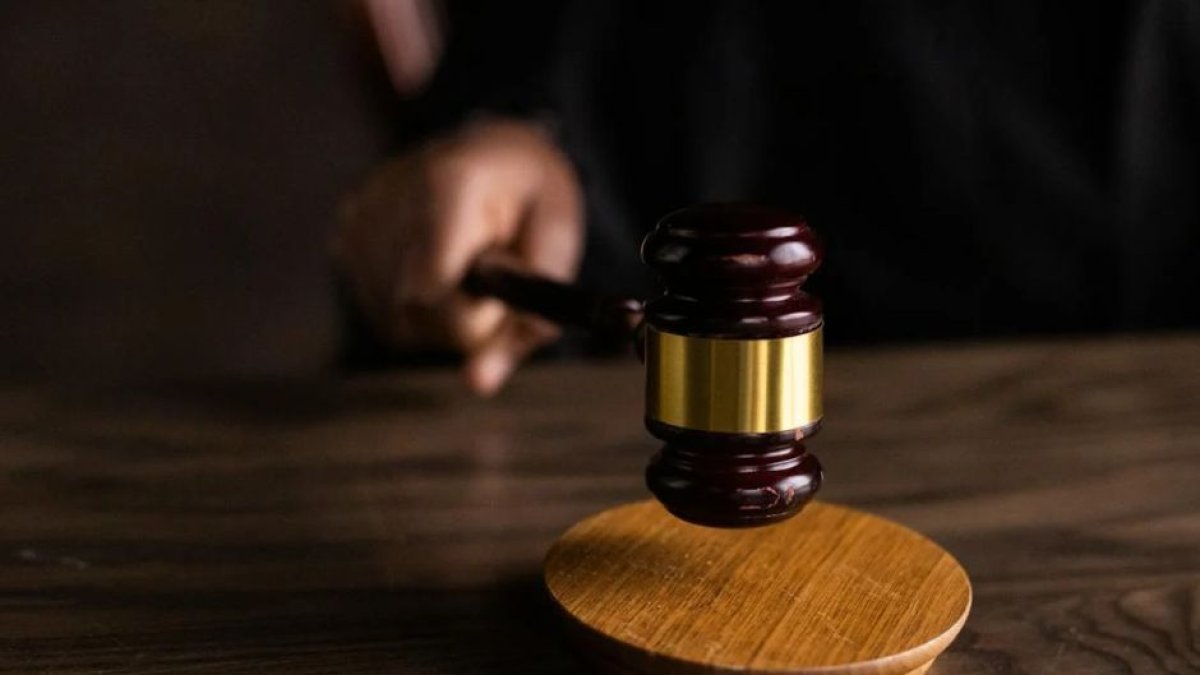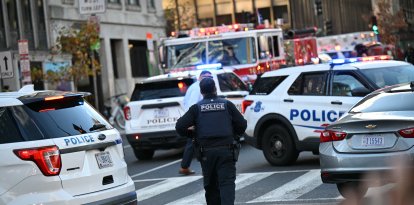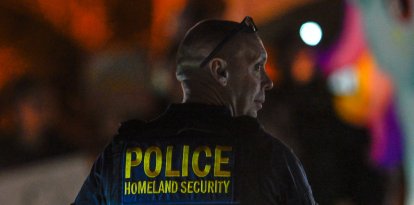The Virginia Supreme Court revives trial by a teacher who was fired for refusing to use a trans student's "preferred pronouns"
The Alliance Defending Freedom, which represented the teacher, calls this a victory against woke culture and celebrates the court's decision to uphold one's right to religious freedom.

(Pexels)
The Virginia Supreme Court revived a trial by a teacher who was fired for refusing to use a student's preferred trans pronouns. The Supreme Court ruled that a lower court must revive the case. The teacher refused to comply with the school's non-discrimination policy due to his religious beliefs.
The Supreme Court considers that Vlaming was coerced to betray "his sincere religious beliefs"
In the ruling, the state Supreme Court noted that the Virginia Constitution "seeks to protect diversity of thought, diversity of speech, diversity of religion, and diversity of opinion. Absent a truly compelling reason for doing so, no government committed to these principles can lawfully coerce its citizens into pledging verbal allegiance to ideological views that violate their sincerely held religious beliefs.”
The Alliance Defending Freedom (ADF), which represented Vlaming in court, welcomed the ruling as "a landmark free speech" and religious freedom victory. The Supreme Court revived the case, pointing out that "The West Point School Board violated the rights of a high school teacher protected by Virginia law when he was fired for avoiding the use of personal pronouns to refer to one of his students.
Fired for not submitting to the trans dictatorship
The teacher offered to call the student by their new name while avoiding using personal pronouns of the opposite sex. However, the school required him to use the student's new pronouns, even when the student was not present. When Vlaming refused to comply with the order, he was fired. Chris Schandevel, who represented Vlaming at trial, said:

























